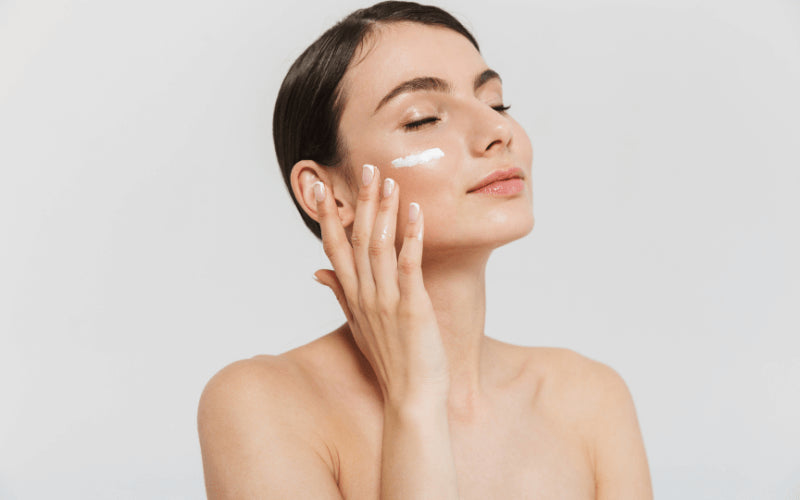Can You Use Vitamin C and Retinol Together in Skincare?
As a beautician, you often encounter clients asking whether they can incorporate both vitamin C and retinol into their skincare routine. These two potent ingredients are renowned for their anti-aging and skin-brightening effects, but can they be used together for optimal results?
Understanding how to effectively combine these powerhouses can set you apart as a knowledgeable expert in the beauty industry. Let's delve into the science behind these ingredients and how they can be harmoniously integrated into a skincare routine.

The Power of Vitamin C in Skincare
Vitamin C is celebrated for its ability to brighten skin, reduce hyperpigmentation, and protect against environmental damage. As a potent antioxidant, it neutralizes free radicals, reduces inflammation, and enhances collagen production, offering a youthful glow.
Vitamin C is ideally used during the day as it provides a shield against UV rays, though it is not a replacement for sunscreen. Clients often notice a visible improvement in skin texture and tone with consistent use.
Why Retinol is a Skincare Superstar
Retinol, a derivative of vitamin A, is a powerhouse when it comes to anti-aging. It accelerates cell turnover, reduces the appearance of fine lines and wrinkles, and unclogs pores, making it a favorite in the beauty community.
Typically used at night, retinol can make the skin more sensitive to the sun. Advising your clients to complement retinol use with a good moisturizer and sunscreen is essential for protecting their skin.
Combining Vitamin C and Retinol
Now, the burning question remains: can you use vitamin C and retinol together without compromising their efficacy? The answer is yes, but with a strategic approach.
Many experts recommend using vitamin C in the morning and retinol at night. This method allows each ingredient to work effectively within its optimal environment. By doing so, you can avoid potential irritation and maximize the benefits of both.
For those who wish to use both in one routine, starting with a low concentration of each ingredient and gradually increasing as the skin builds tolerance is advisable. This approach minimizes irritation and allows the skin to adapt.
Creating a Balanced Skincare Routine
When designing a skincare routine that includes vitamin C and retinol, it's crucial to consider the order of application. Cleanse the skin, apply vitamin C serum in the morning, followed by a moisturizer and sunscreen. At night, cleanse the skin again, apply retinol serum, and finish with a hydrating moisturizer.
For a detailed guide on creating a balanced skincare regimen, visit Healthline.
Benefits and Precautions
Using vitamin C and retinol together offers a powerful combination of skin benefits, including improved texture, reduced signs of aging, and a radiant complexion. However, it's important to be mindful of potential side effects such as dryness and irritation.
Encourage your clients to patch test new products and monitor their skin's response. Hydration is key, and recommending products with soothing ingredients like hyaluronic acid can help alleviate any discomfort.

Conclusion: Mastering the Art of Skincare
Incorporating vitamin C and retinol into a skincare routine requires understanding and precision. As a beautician, your expertise can guide clients to achieve their skin goals while navigating the complexities of these ingredients.
For tips on avoiding common skincare mistakes, explore our article on Skincare Ingredients to Avoid.
Frequently Asked Questions
1. Can vitamin C and retinol be used by all skin types? Yes, but those with sensitive skin should proceed cautiously and consider consulting with a dermatologist.
2. How often should vitamin C and retinol be applied? Vitamin C can be applied daily in the morning, while retinol is typically used at night. Start with 2-3 times weekly and increase as tolerated.
3. Can I mix vitamin C and retinol in the same product? Some formulations combine both, but it's important to choose products from reputable brands and monitor for any adverse reactions.
For more insights on skincare routines, check out Skincare Routine for Over 40 on our blog.
This article contains affiliate links. We may earn a commission at no extra cost to you.

